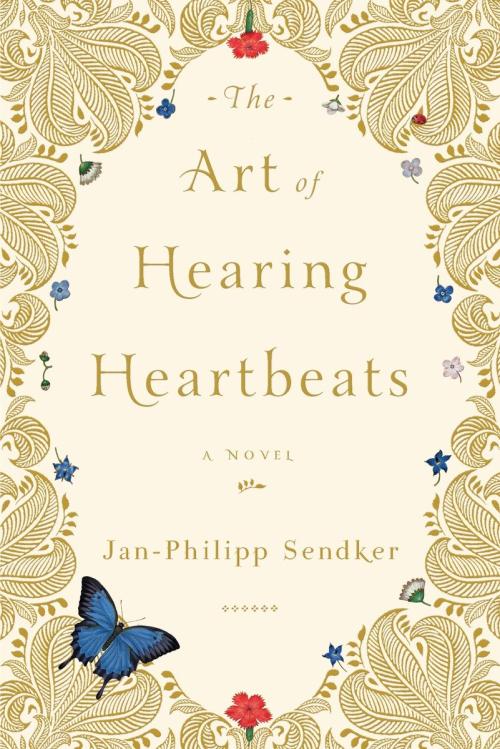1. In your opinion, what does the back-and-forth between Julia’s and U Ba’s narratives add to the telling of the love story between Tin Win and Mi Mi? How do these stories interrelate?
2. Tin Win is born to parents who abandon him as a child but Mi Mi is born into a close-knit family. Mi Mi’s mother, especially, adores her daughter. Do you see this developmental difference reflected in the adult each one becomes, or in the way the two relate to one another?
3. After he loses his sight, Tin Win spends several years in a monastery under the tutelage of the abbot, U May. In your opinion, what does U May model for Tin Win? How does Tin Win grow in these years?
4. Tin Win’s wealthy uncle, U Saw, finances Tin Win’s eye operation and subsequent education abroad. But to U Saw’s discredit, his motives are self-interested, and for his own convenience, he obstructs all communication between Tin Win and Mi Mi. Is U Saw portrayed as a villain—or is he even villainous?
5. A portion of the novel is in the form of letters. Does this change the mood or the flow of the novel? The way you see the characters?
6. Tin Win and Mi Mi develop an intense, literally symbiotic relationship: he walks for her; she acts as his eyes. They become inseparable, but then they are separated for decades. Given what you know about each character, how do you think they are able to withstand the time apart?
7. Discuss the role of memory in the novel, both individual and collective.
8. Burma (now known as Myanmar) was occupied by the British from the nineteenth century until 1948. How important is this colonial history to the major events of the novel?
9. Prophecy and superstition play a significant role in Burmese culture. Do you think this belief system inspires a fundamental feeling of security or of anxiety in the main characters of the novel, and why?
10. The novel contrasts Western and Eastern values: individualism and personal achievement versus kinship and transcendence. Where and how are these differences brought to light?

